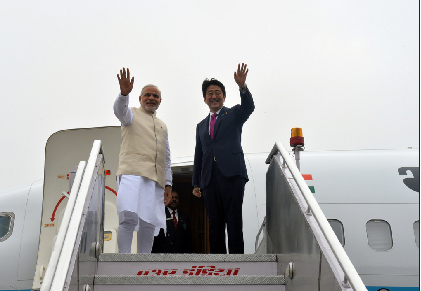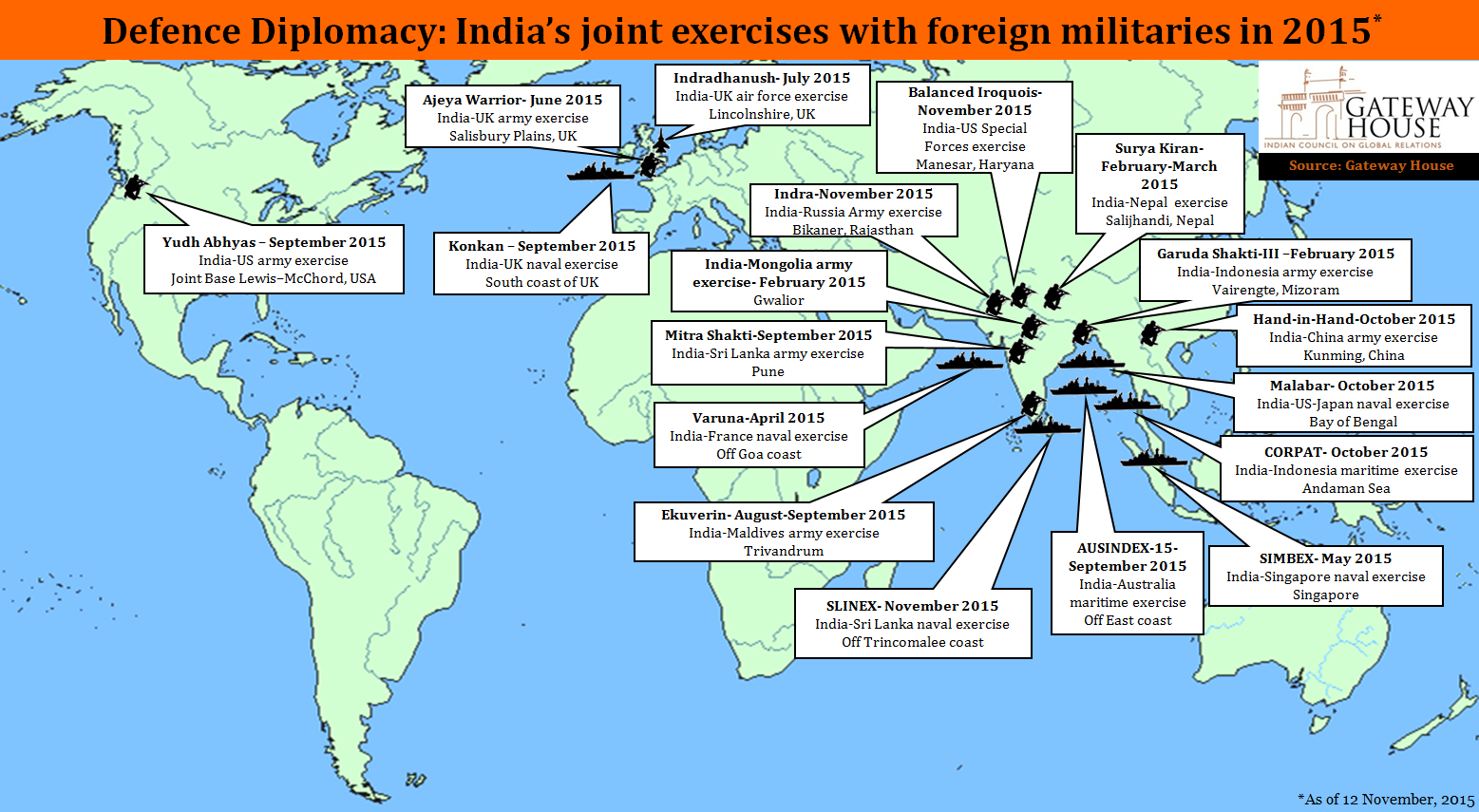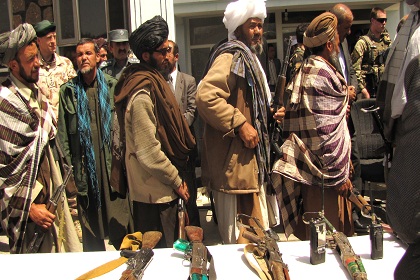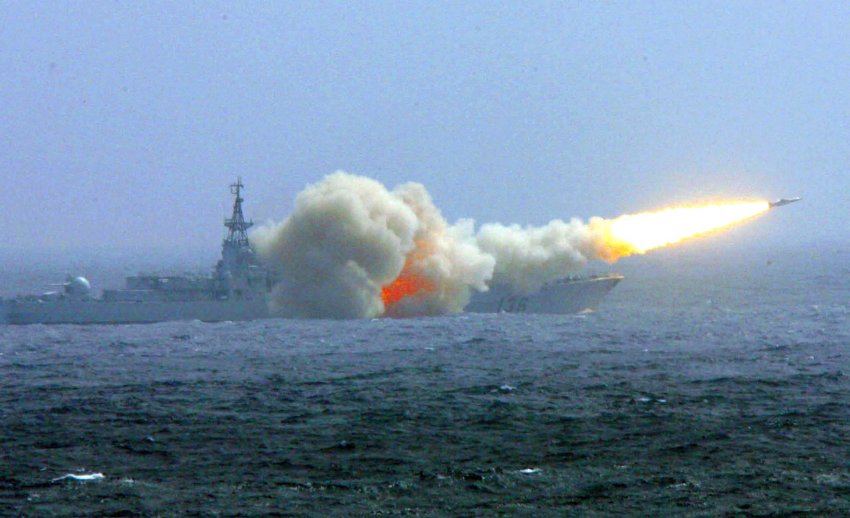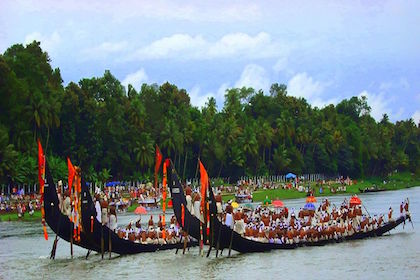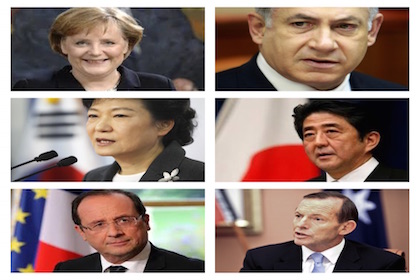India balances Asian security with Japan
During Japanese PM Shinzo Abe’s recent visit to India, both countries made important progress in strengthening their security engagement focused on maritime security, defence purchases and counter-terrorism. Nonetheless, Indian policymakers are conscious of regional concerns about Japan’s renewed nationalism and of balancing this relationship with that of China

